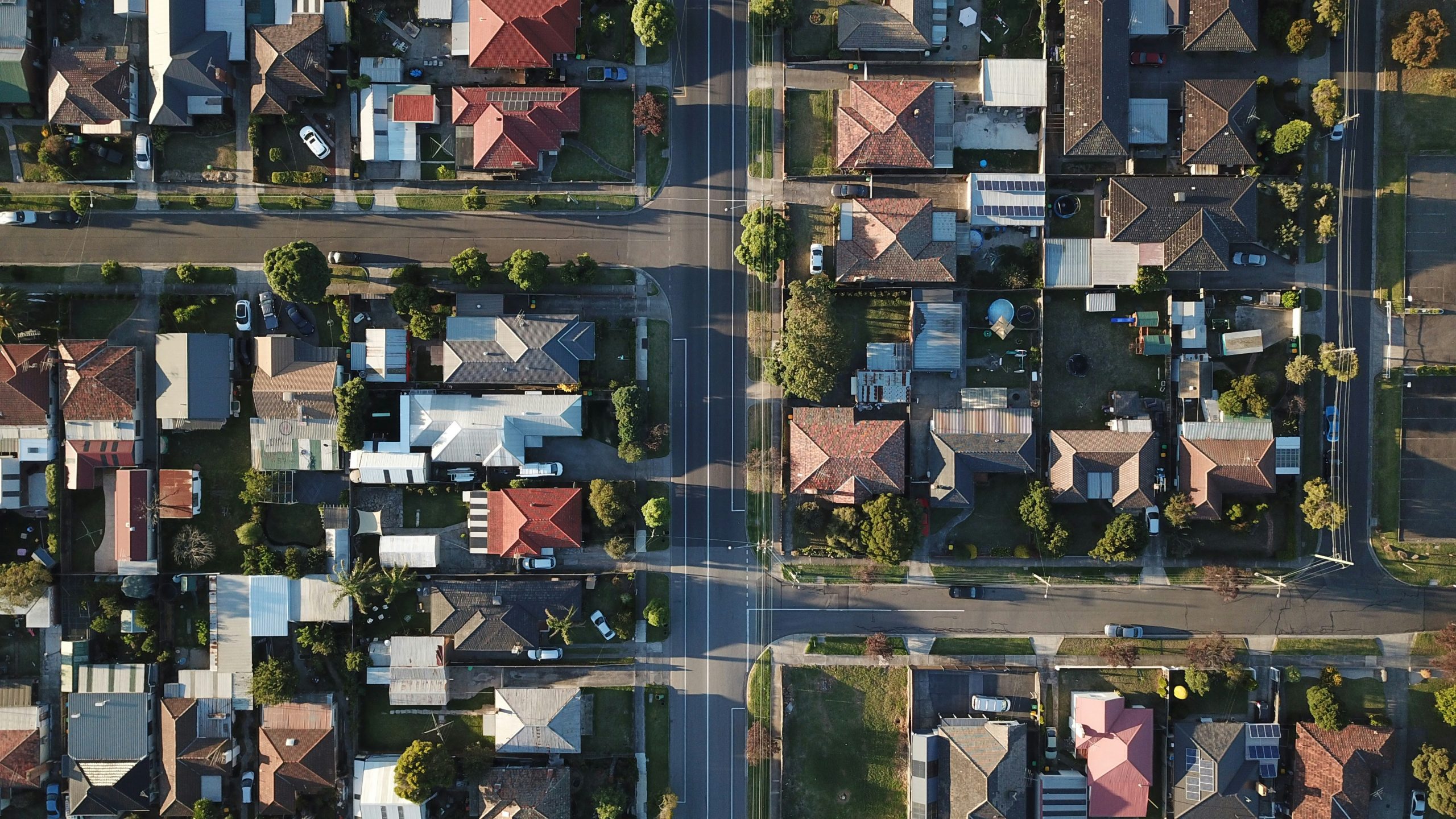A new political wave is sweeping through the nation’s top housing finance agencies—and it could have big consequences for people hoping to buy a home, especially in communities of color.
Today, Omeed Malik, a businessman with strong ties to Donald Trump Jr. and described by New York Magazine as “MAGA world’s premier financier,” was appointed to the board of Fannie Mae, one of the most important players in the U.S. housing market. Malik is a former Wall Street banker and founder of two investment firms, including one where Trump Jr. recently became a partner.
This appointment is part of a broader shake-up led by Bill Pulte, the new director of the Federal Housing Finance Agency (FHFA)—the regulator that oversees Fannie Mae and Freddie Mac. Since taking the job, Pulte has fired 14 board members from Fannie and its sister company, Freddie Mac, and made headlines by declaring that “DEI is dead” at both agencies.
What Is DEI, and Why Does It Matter?
DEI stands for Diversity, Equity, and Inclusion. Over the past few years, Fannie Mae and Freddie Mac have launched programs to help close the racial homeownership gap—offering things like:
-
Down payment help for first-time buyers
-
Special credit programs for people with limited borrowing history
-
Support for community-based lending in Black and Latino neighborhoods
These efforts aimed to address long-standing inequalities in housing access, especially for groups who have historically been excluded from homeownership.
What Could Change Now?
With Malik’s appointment and Pulte’s leadership, there are signs that these programs may be cut back or eliminated. Here’s what experts are watching:
❌ Programs for Minority Homeownership May Be at Risk
The new leadership appears to oppose targeted efforts that support specific racial or ethnic groups. That means some of the programs designed to help close the racial wealth gap might be scaled down or scrapped altogether.
🧊 Innovation in Underserved Communities Could Slow Down
New ideas—like helping families buy homes together or counting rent as part of your credit score—might lose traction. These were key tools for helping people in underserved communities become homeowners.
🧾 A Shift Toward “Colorblind” Lending
Instead of equity-based solutions, we may see a push for so-called “neutral” policies that treat everyone the same on paper—but may ignore how unequal the starting points really are.
Why This Matters
Fannie Mae and Freddie Mac help make home loans more affordable for millions of Americans. If they shift away from programs focused on inclusion and equity, it could become harder for families of color to access the credit they need to buy a home.
This shift could also widen the racial wealth gap, at a time when many communities are still trying to recover from the effects of the pandemic and rising housing costs.
What Happens Next?
It’s still early, but changes like these tend to happen quickly. Housing advocates, civil rights groups, and lawmakers are already preparing to respond. Some may try to challenge the changes in court. Others might propose new protections at the state or federal level.
For now, homebuyers—especially in communities of color—should stay informed and ask questions. The rules of the housing market may be changing, and those changes could have long-lasting effects.
Have questions about what this means for your own homebuying journey? Reach out for up-to-date guidance.
 Facebook
Facebook
 X
X
 Pinterest
Pinterest
 Copy Link
Copy Link
